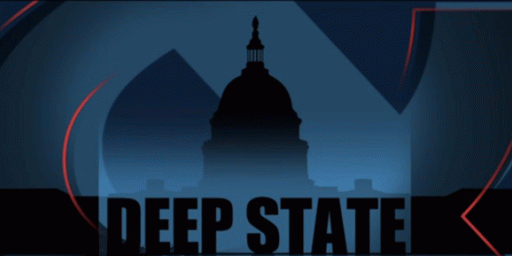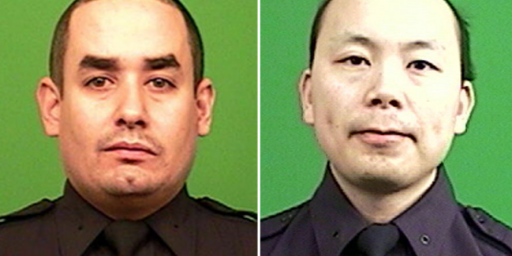Video Tapping the Police
Radley Balko gives a very nice argument as to why we should be able to video tape, photograph and otherwise keep tabs on what the police are doing, while acting in an official capacity.
As noted, police are public servants, paid with taxpayer dollars. Not only that, but they’re given extraordinary power and authority we don’t give to other public servants: They’re armed; they can make arrests; they’re allowed to break the very laws they’re paid to enforce; they can use lethal force for reasons other than self-defense; and, of course, the police are permitted to videotape us without our consent.
It’s critical that we retain the right to record, videotape or photograph the police while they’re on duty. Not only for symbolic reasons (when agents of the state can confiscate evidence of their own wrongdoing, you’re treading on seriously perilous ground), but as an important check on police excesses. In the age of YouTube, video of police misconduct captured
by private citizens can have an enormous impact.[…]
Legislators need to repeal laws explicitly forbidding the recording, photographing or videotaping of police officers. And to the extent that more generalized wiretapping laws meant for the general public also apply to the police, they should be amended to allow private citizens to record officers while they’re on duty.
This isn’t to say police don’t have the same privacy rights as everyone else. They do — when they aren’t on duty, in possession of a sidearm and carrying with them the authority that
comes with enforcing the law of the state.But while they’re on duty, they serve the public. And the public, their employer, should have
every right to keep them accountable.
Balko also points to an incident that happened in my part of the country. The shooting of Elio Carrion, and Iraq War veteran. Carrion was a passenger, unwilling, in a high speed chase. When the driver crashed the car Carrion, according to video footage, complied with the officer at all times. When Carrion he was shot when rising from the ground on orders from the San Bernardino Sherrif’s Deputy Ivory Web. To be quite clear, if this tape didn’t exist it is unlikely that Webb would have been fired, charged with a crime, and allowed to continue to carry a gun and a badge. This tape was not handed over to the San Bernardino’s Sheriff’s department, but was instead sent to a local news channel.
Making the video taping, photographing and so forth of police officers illegal would indeed be a very bad move. Unfortunately, I think that this will probably get worse.






I certainly believe that citizens have every right to videotape public events and officers of the law executing their duties. But, with those rights should come some responsibilities. To name perhaps the most famous such event, the selective editing and broadcast of Rodney King’s encounter with L.A.’s finest distorted what happened that night and helped to trigger the L.A. riots. Hopefully, I can point this out without then being accused of defending everything the officers said and did.
I can trust you, Radley, and many others to speak and present the truth in all its pain and glory, but not everyone is so trustworthy and great harm has been done, and will continue to be done, using these videos as propoganda. Nonetheless, allowing and encouraging taping of state agents works for me. The negative side effects are just another one of those costs we incur to be free, rather than pretending to be free.
I really don’t see how any of these laws can stand up to constitutional scrutiny. If videotaping public officials in their official capacities in public settings is not an action that constitutes the operation of the “press” then that portion of the first amendment has absolutely no meaning. As a matter of due process, the selective enforcement of these types of laws (only against people filming police officers, when other individuals and organizations conduct the same behavior in an open and notorious manner without punishment) constitutes both a waiver of the right to enforce the laws and a violation of the rights of those defendants who are targeted. Take the PA law in Balko’s article that illegalizes the filming of a second party without their consent – if this law is not enforced against every single news organization filming in the state that fails to get consent before filming in public, it is patently unconstitutional.
It’s good that Balko is drawing more attention to this issue; states are obviously abusing the process by prosecuting people under these absurd and flagrantly illegal statutes, and they must be stopped.
The editing issue is a legitimate one, but where would we be today if we had not caught Godzilla on tape? Who would we have blamed for all the damage?
Charles,
Good point, but I believe the editing was done by the news organizations, not the people who initially did the video tape.